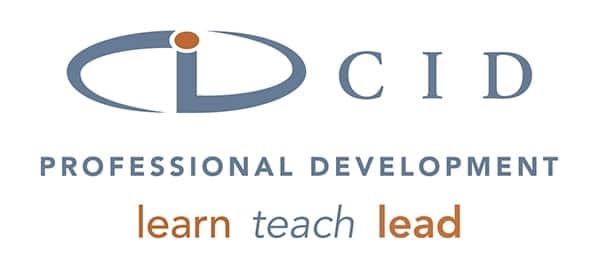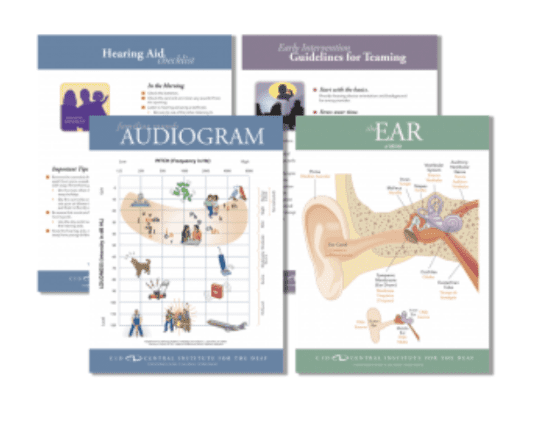I really appreciate the gift of spell check on my computer, but sometimes I find auto correct on my cell phone to be both frustrating and dangerous! There is no denying that all of these tools can support accurate spelling, but they are not a substitute for the ability to spell. Spelling remains a critical skill despite these technology supports. If students struggle with spelling, they end up concentrating on writing the individual words rather than thinking about how to organize and express their ideas. It is critical that we support our students in becoming more successful spellers.
Spelling used to be considered a rote and mechanical memory skill. More contemporary research shows that spelling is actually a highly sophisticated language skill. Wait, what? A language skill? Yes. Spelling is a language skill. Brain and behavioral studies document that good spellers effectively integrate multiple areas of language. The language domains of phonology, orthography and morphology are particularly important. Now we’ll take a deeper look at each of these areas of language.
Let’s consider that we want to spell the word “cooked”. Good spellers draw on phonology, or their knowledge of the sounds that make up the English language. Spellers learn how to break up a word into its component sounds in order to represent them all in the spelling of a word. For example, to spell the word “cooked” you need to recognize it includes the sounds “k” “oo” “k” “t”, and that those sounds occur in that order. Second, good spellers use orthography, or their knowledge of the rules for representing sounds with letters. Spellers learn that each sound can be represented with certain letters and that some letters can only occur in certain places of a word. For example the sound /k/ can be written by “c”, “k” and “ck”, but “ck” cannot be used at the beginning of a word. Finally, good spellers integrate their morphology, or their knowledge of the smallest meaningful units of language. For example, the word “cooked” includes the root “cook” and the past tense marker “ed” (even though the “ed” sounds like a “t”!). In the background of our brain, a lot of language is happening when we spell a word!
Language development is challenging for many of our students with hearing loss. It shouldn’t be surprising that students with hearing loss who struggle with language, may also struggle with spelling. We are still working to understand more precisely why some of our students struggle with spelling. Historically the spelling tests we have used to assess spelling simply evaluated words as being correct or incorrect. This assessment approach does not help us identify underlying areas of weakness or guide intervention. More recent approaches in assessing spelling involve analyzing the kinds of spelling errors that students write. By describing the errors, we can begin to infer if there are particular areas of weakness in one or more domains of language.
One of these spelling error analysis tools is the POMplexity for Roots and Affixes (Quick & Erickson, 2018). This tool was developed to assist educators and speech-language pathologists in categorizing spelling errors according to the language domains of phonology, orthography, and morphology. The reason the name includes “Roots and Affixes” is because the spelling errors are examined both at the whole word level and among the individual meaningful units of roots, suffixes and prefixes. Please see Appendix A & B for the scoring criteria and a scoring form for the POMplexity for Roots and Affixes.
The POMplexity for Roots and Affixes was used to examine over 30,000 words spelled by students with hearing loss. In one study, the writing samples and misspelled words were compared between 9 students with cochlear implants (CIs), 9 students who are hard of hearing, and 9 students with typical hearing (Quick, Harrison, & Erickson, 2018). Across the three groups, there were no differences in the percentage of words misspelled in their writing samples. However, there were some differences in the patterns of errors. Children with CIs showed some spelling strengths in spelling vowels in words (orthography) and in spelling words that sound the same (morphology; e.g., “write” vs. “right”). These strengths suggest that children with CIs may capitalize on their visual skills when spelling words. Children with CIs also showed some weaknesses in capturing word endings such as “s”, “ed” or “ing” (Morphology; e.g., “He walks”, “She walked”) or representing all of the sounds of a word in their misspellings (Phonology; e.g., write “back” for “black” and omit representing “l”). These weaknesses suggest that children with cochlear implants may have auditory weaknesses in encoding all of the sounds in words or the end parts of words. These weaknesses are likely due to their restricted access to spoken language.
In another study, the writing samples and misspelled words were compared between 142 children who are hard of hearing and 72 children with typical hearing (Quick, 2017). While children who are hard of hearing had fewer misspelled words in their writing samples, they also selected to write words that are more frequent in written English. These results may indicate that children who are hard of hearing have a weakness in vocabulary, or this may indicate that they struggle with spelling and therefore choose to write words that they are more confident in spelling. Children who had poorer aided hearing also had more errors in the domains of phonology and orthography. These results suggest that we must continue to be vigilant in making sure that our students have working hearing aids and that those hearing aids are properly fit!
In summary, students with hearing loss are at risk for struggling with language; therefore they are also at risk for struggling with spelling because spelling is a complex language skill. However, students who struggle with spelling are not subject to remain “poor spellers”. In the same way students with hearing loss can continue to grow their language skills, they can continue to grow their spelling skills. Spelling error analysis empowers teachers and speech-language pathologists to identify a student’s individual strengths and weaknesses in the domains of language that support spelling. Armed with this information, educators can leverage areas of strength while also targeting intervention to areas of weakness. Together, we can all work towards making sure that our students with hearing loss become better spellers so they can increasingly focus more energy on organizing and expressing their ideas in ways that enrich our classrooms, their lives, and our society. Then they will also be able to develop their own non-codependent, love-hate relationship with spellcheck and autocorrect along the way.
———————————-
Quick, N. (2017). A multilinguistic analysis of spelling among children with hearing loss. (Doctoral dissertation). Retrieved from Proquest Dissertations and Theses Global. (Order No. 10268676).
Quick, N., & Erickson, K. (2018). A multilinguistic approach to evaluating student spelling in writing samples. Language, Speech, and Hearing Services in the Schools, 49, 509-523. doi:10.1044/2018_LSHSS-17-0095
Quick, N., Harrison, M., & Erickson, K. (2018). A multilinguistic analysis of spelling among children with cochlear implants. Journal of Deaf Studies and Deaf Education, eny029, https://doi.org/10.1093/deafed/eny029

Nancy Quick, PhD, CCC-SLP, is a Research Assistant Professor at the Center for Literacy and Disability Studies at the University of North Carolina at Chapel Hill. As a speech-language pathologist, she works with children who are deaf and hearing and their families. Her research interests include language and literacy development among children with hearing loss.












